The US has urged the UN to drop its invitation to Iran to join peace talks on Syria, due to begin in two days.
American officials accused Iran of failing to back the aim of the talks, which is to set up a transitional government in war-torn Syria.
Iran, a key ally of the Syrian regime, said it would not accept any conditions put on its participation. UN chief Ban Ki-moon said he was “dismayed” at the row and was reconsidering the UN’s options.
The peace talks, due to be held in Switzerland, are being billed as the biggest diplomatic effort aimed at resolving Syria’s civil war.
Iran’s participation has always been a contentious issue. The US and Saudi Arabia have strongly opposed Tehran’s involvement without its acceptance of the Geneva I communique. The UN has long said Iran should have a seat at the table.
UN and American officials consulted throughout Sunday. After his conversations with Iranian Foreign Minister Javad Zarif, Ban Ki-moon felt he had enough private, implicit assurances from the Iranians to invite them.
But the US wants Iran’s private commitment to be made public and explicit first and was caught off guard by the UN invitation. Iran has not done so, and if the UN does not withdraw the invitation, the US itself may walk away from the conference.
More than 100,000 people have been killed and millions more displaced in the three-year war.
The Syrian regime and the main exiled opposition group, the National Coalition, were both due to send delegates to the talks.
But Mr Ban’s decision to invite Iran has thrown the UN-sponsored conference into doubt.
The National Coalition said it would pull out if the invitation to Iran was not rescinded.
Monzer Akbik, the National Coalition’s chief of staff, told the BBC’s Newshour programme that Iran’s inclusion was against the promises his group had received.
America’s UN envoy Samantha Power said Iran was not entitled to take part because it had not shown willing to “explicitly and publicly” back a transition process.
“That is a minimum requirement for participation in this peace process,” she said.
However, the UN and Russia have long argued that Iran should come to the conference.
Mr Ban invited Iran to the UN-sponsored conference after he had received assurances that the Iranians would play a “positive role” in securing a transitional government.
However, Mr Ban’s spokesman said Iran’s subsequent public comments have been “disappointing”.
The SNC’s Walid Saffour: “We will not participate unless Iran withdraws from Syria and commits to the principles of Geneva I”
Meanwhile, CNN and UK newspaper the Guardian are reporting claims that the Syrian regime tortured and killed thousands of detainees.
Some 55,000 photographs showing 11,000 detainees were smuggled out of Syria by a defector who served as a military police photographer, according to CNN.
The Guardian suggests that the publication of the evidence, along with a Qatar-funded report scrutinising the defector’s credibility, appears to have been timed deliberately to coincide with the peace conference.
The conference is due to open in Montreux on Wednesday, and then continue in Geneva two days later.
The path to the talks began in May last year when Russian Foreign Minister Sergei Lavrov and US Secretary of State John Kerry agreed to try to bring both sides together.
The Geneva communique – a deal on a transitional government agreed at a UN-backed meeting in 2012.However, the National Coalition appears resolute that any transitional government will not involve President Bashar al-Assad.
For his part, Mr Assad said on Monday that the possibility of the National Coalition obtaining any ministerial positions in a new government was “totally unrealistic”.
In an interview with AFP news agency, Mr Assad also indicated he was not going to quit as president and that he was likely to run for a third term.

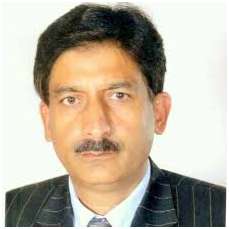









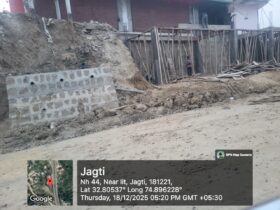
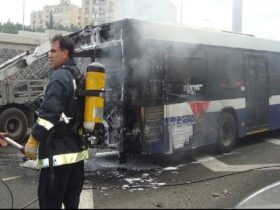

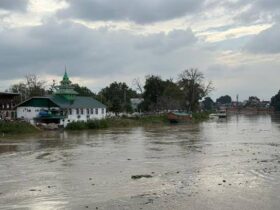
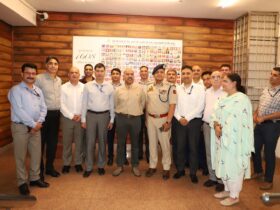
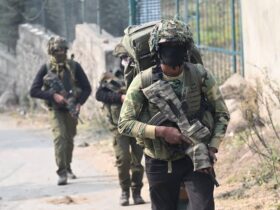

Leave a Reply